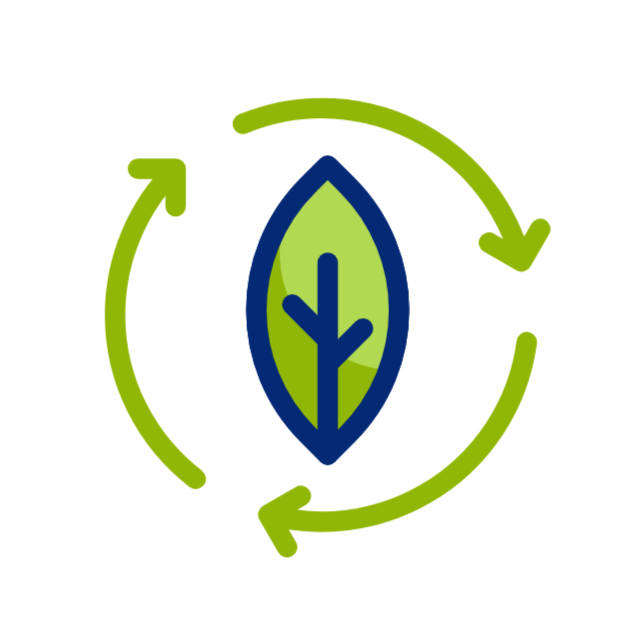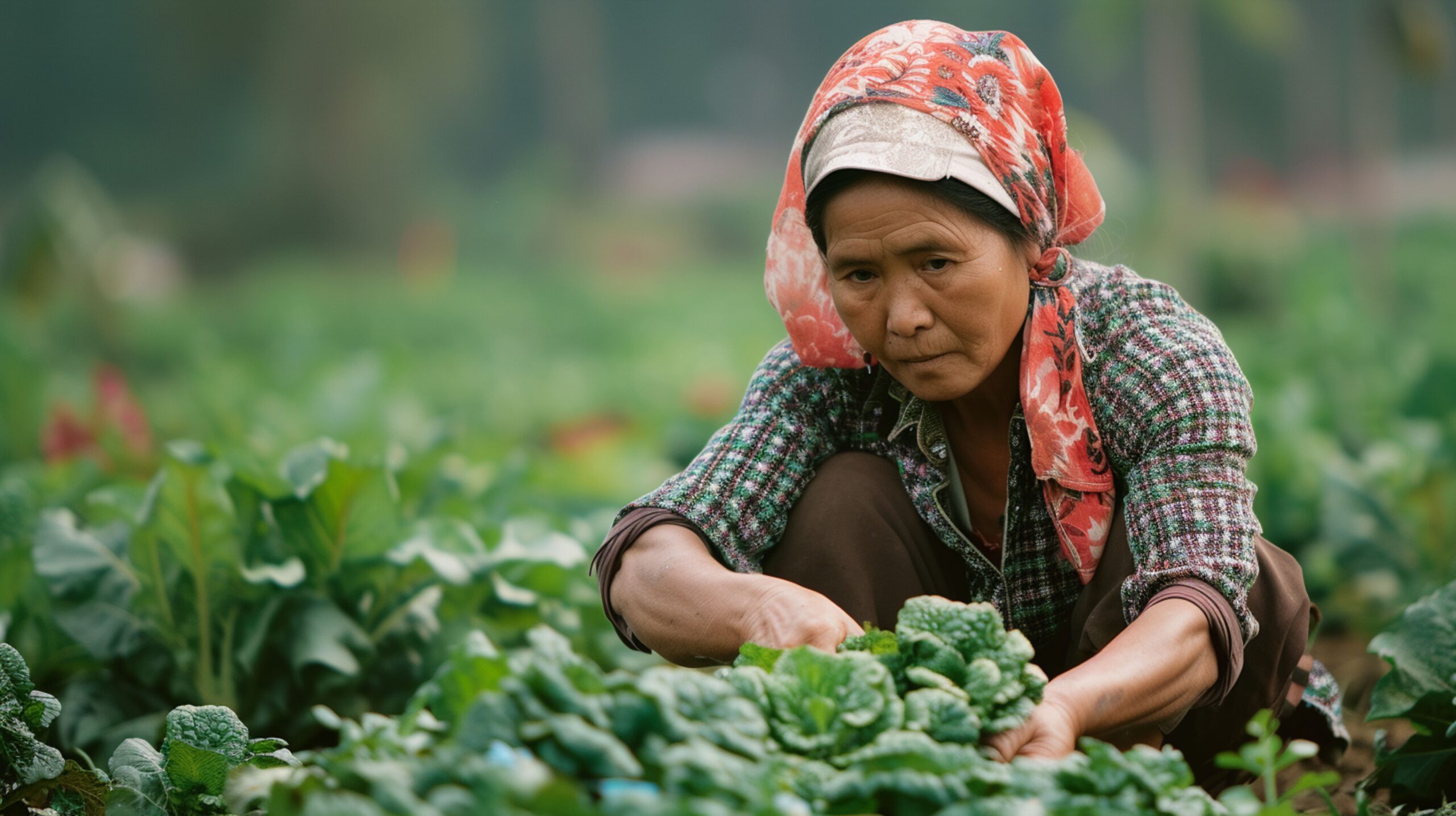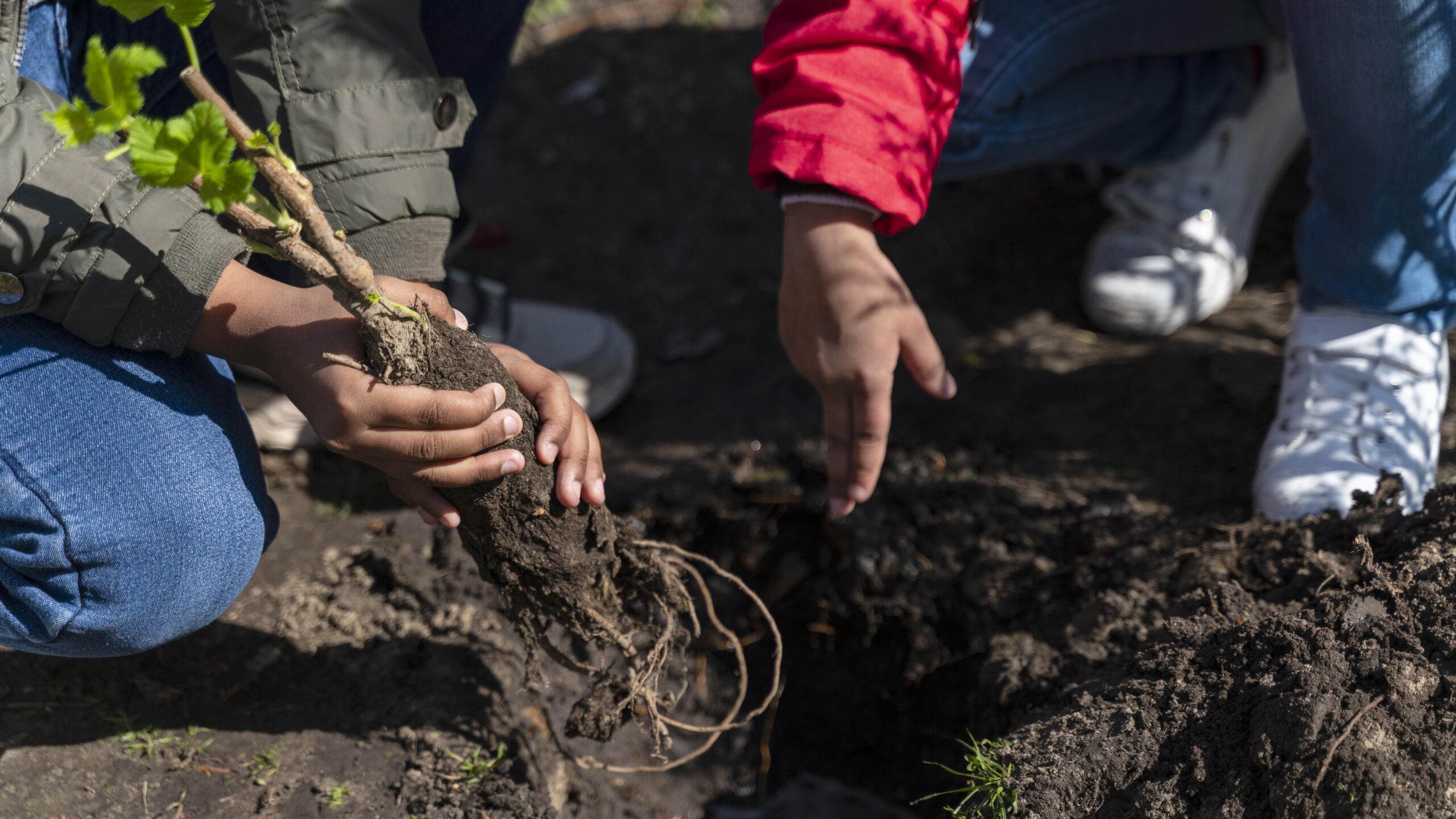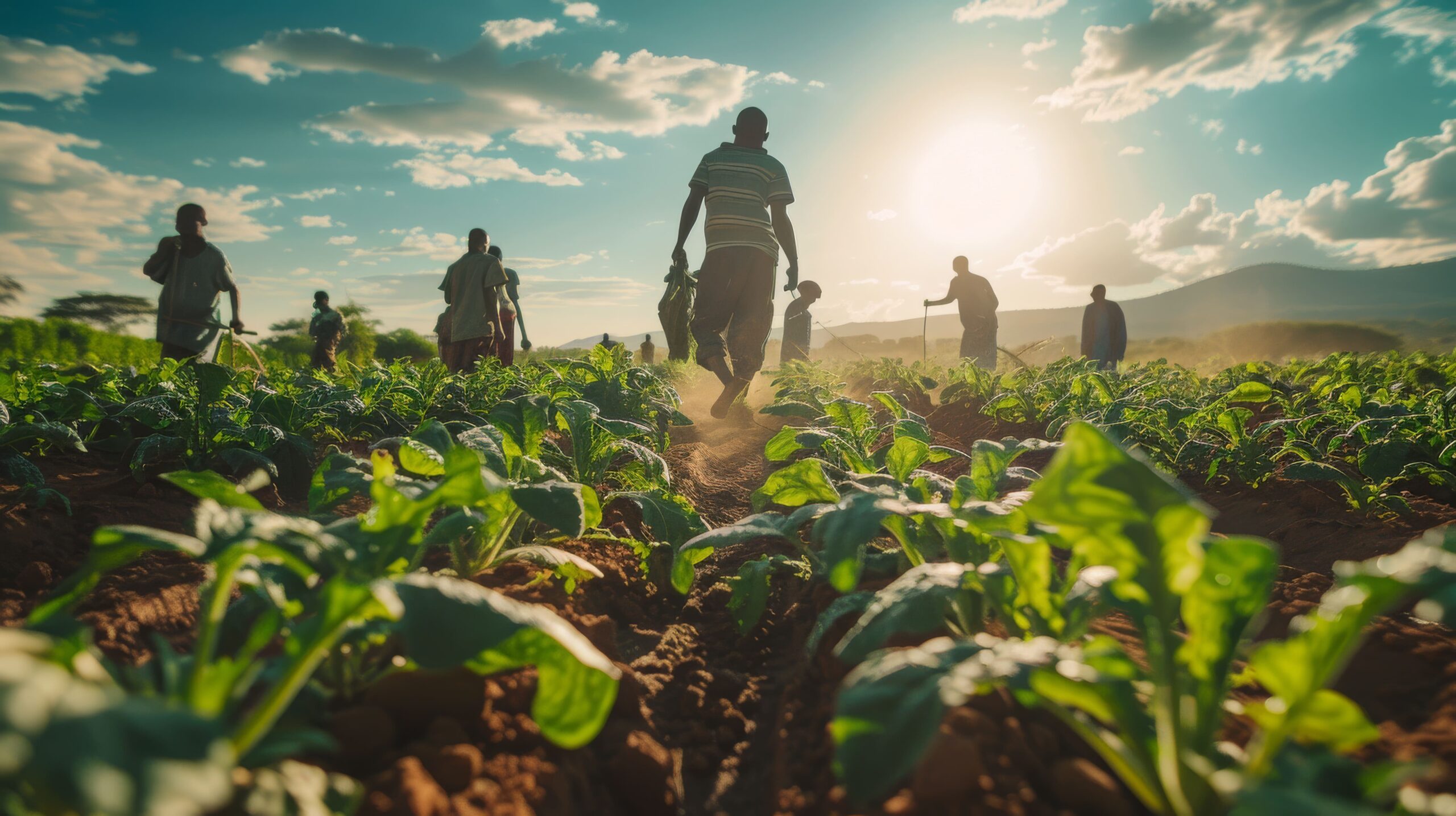WOMEN EMPOWERMENT THROUGH
EDUCATION AND TECHNOLOGY
Empowering Rural Women Farmers and Bamboo Craft Workers: A Multi-Pronged Approach
Here's a roadmap for empowering rural women farmers and bamboo craft workers in India to achieve self-enterprise and sustainable livelihoods:

Building Capacity and Skills

Skill Development Training
Provide training programs focused on:

Farming Techniques
Sustainable agricultural practices, organic farming methods, efficient water management, and climate-smart agriculture for women farmers.

Bamboo Craft Skills
Upgrade and refine existing bamboo craft skills or introduce new techniques for product diversification.

Business and Entrepreneurship Skills
Develop financial literacy, marketing strategies, basic accounting, and negotiation skills for running their own enterprises.

Mentorship Programs
Connect women with successful entrepreneurs or experienced trainers who can provide guidance and support throughout their journey.

Financial Support and Access

Microfinance and Loans
Facilitate access to microfinance institutions or government loan schemes with flexible repayment options to help women invest in essential resources like seeds, tools, equipment, or raw materials for their crafts.

Grants and Subsidies
Provide targeted grants or subsidies to support women in setting up their own businesses or collectives, particularly for purchasing initial equipment or marketing their products.

Financial and Technological Support

Market Linkages
Develop strong market linkages for both farm produce and bamboo crafts. This could involve connecting women with:

Direct Marketing Channels
Farmers' markets, consumer co-operatives, or online platforms.

Wholesale Buyers
Fair-trade organizations or bulk buyers who value ethically sourced and sustainable products.

Craft Exhibitions and Fairs
Provide opportunities for showcasing and selling their crafts at local and national events.

Value Addition
Train women on value addition techniques for both farm produce and bamboo crafts. This could involve processing, packaging, or creating unique product designs to enhance market value.

Building Networks and Support Systems

Self Help Groups (SHGs)
Encourage women to form or join SHGs, providing a platform for peer learning, financial support through micro-savings, and collective action.

Women's Cooperatives
Facilitate the formation of women-led cooperatives for shared resources, bulk purchasing, and joint marketing efforts to strengthen their bargaining power.

Government and NGO Support
Collaborate with government agencies and NGOs that offer training, financial assistance, or marketing support programs specifically focused on rural women entrepreneurs.

Promoting Sustainability

Sustainable Farming Practices
Train women farmers on organic farming, soil health management, and water conservation techniques for long-term environmental benefits and resource efficiency.

Sustainable Bamboo Harvesting
Educate women on responsible bamboo harvesting practices to ensure the long-term sustainability of this natural resource.

Eco-Friendly Packaging
Guide women in using recycled or biodegradable materials for packaging their products, minimizing environmental impact.

Addressing Challenges

Land Ownership
Advocate for policies that address land ownership issues for women farmers, ensuring secure access to land for their agricultural activities.

Social Stigmas
Challenge traditional gender roles and societal norms that may limit women's participation in business activities.

Technology Access
Bridge the digital divide by providing access to technology training and affordable tools for communication, marketing, and e-commerce to expand their reach.

Monitoring and Evaluation

Track Progress
Monitor the progress of women entrepreneurs through regular assessments. This could involve tracking income levels, market reach, and the overall impact on their livelihoods.

Feedback and Adaptation
Continuously gather feedback from women and adapt the support programs based on their needs and challenges. This ensures ongoing effectiveness and addresses emerging difficulties.
By implementing this comprehensive approach, we can empower rural women farmers and bamboo craft workers to achieve self-enterprise and build sustainable livelihoods. This not only improves their socio-economic well-being but also contributes to a more inclusive, resilient, and sustainable rural economy in India.




